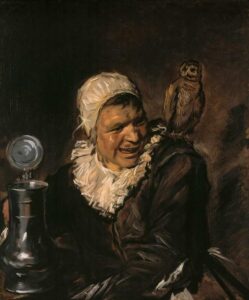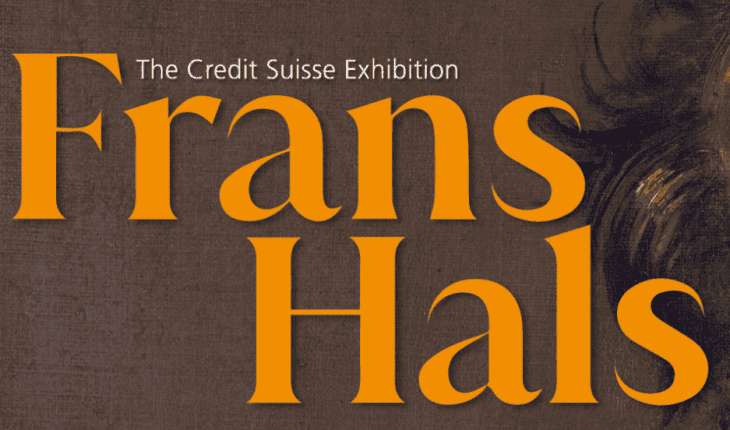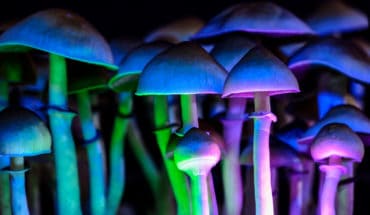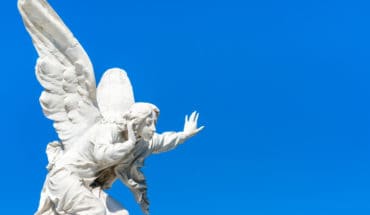Rebecca Wallersteiner visits “The Credit Suisse Exhibition: Frans Hals” a major show at the National Gallery, in London that spotlights Malle Babbe (Foolish Babbe), a 17th century depiction of mental illness, or alcoholism.
by Rebecca Wallersteiner
Although you might usually associate the seventeenth century Dutch painter Frans Hals with formal group portraits of rich, rather glum-looking merchants, or masterpieces such as The Laughing Cavalier, he also portrayed social outsiders and even mental illness. Until 21st January, the National Gallery, in London is showing a major exhibition of the artist, curated by Bart Cornelis, Curator of Dutch and Flemish Paintings and containing around 50 of Hals’s greatest works lent by museums and private collections, around the world. “Four hundred years since they were painted Hals’s portraits still breathe with life. There’s the hint of a smile, a hand resting nonchalantly on a hip, and just occasionally a burst of laughter.”

© Photo Scala, Florence / bpk, Bildagentur für Kunst, Kultur und Geschichte, Berlin. Photo: Jörg P. Anders
In Malle Babbe executed around 1640, the arresting painting, depicts Barbara Claes, a well-known Haarlem personality, who was nicknamed Malle Babbe (Crazy Babbe), grimacing with laughter in a tavern. Hals was one of the few artists throughout the history of Western painting who successfully managed to paint people smiling and laughing, a challenge avoided by most artists as it was so difficult.
Dutch research has revealed that a real Malle Babbe actually existed, named Barbara Claes. She was included in a list of residents of the local hospital called Het Dolhuys, situated on the outskirts of Haarlem, which looked after people who were mentally ill or alcoholics as well as providing a hospice for travellers arriving after the city gates had closed. Pieter Hals, a son of Frans Hals used the hospice around 1642 and is likely to have met Malle Babbe as she was a well-known character in Haarlem at the time. Despite this, little is known about her apart from the fact she died in 1663.
Frans Hals has captured the lively features of Malle Babbe who is gripping a large tankard with her right hand and with an owl perched on her shoulder, who seems to be looking rather disapprovingly at her. The likeness offers a fascinating record of a person living on the fringes of society and the artist may be exploring the fine line between sanity and lunacy. The very free handling of paint is typical of Hals’s style.
In the seventeenth century, owls were often associated with fools, deceit or crude behaviour. Hals has hinted at the Dutch proverb, “drunk as an owl” by the woman’s large pitcher of beer and leering expression. He is also hinting that Malle Babbe may be a witch. Even in early modern Europe, some people believed owls were the familiars of witches and that witches could turn themselves into owls, which led to many of the unfortunate birds being hunted and killed.
It is likely that Malle Babbe was suffering from mental illness, which was considered a mysterious phenomenon in Dutch society at the time, as it was not understood. This often resulted in people with mental illness being stigmatised as foolish, or mad.
Another laughing subject highlighted in the exhibition is The Laughing Cavalier, Hals’s most famous work, which even his own lifetime was acclaimed for its powerful characterisation. It is now often found illustrating packs of playing cards. The portrait has been borrowed from its home at the Wallace Collection where it has been on display since the 1870s, the painting dating from 1624.
Four hundred years since they were painted, Frans Hals’s portraits still breathe with mischievous life.
Frans Hals at the National Gallery, London, organised with the Rijksmuseum, Amsterdam and the Gemaldegalerie Staatliche Museen zu Berlin, until 21st January 2024
Admission charge
Opening hours: Monday to Sunday: 10am – 6pm
https://www.nationalgallery.org.uk/
- Dance yourself well - 23rd June 2024
- Tipped to win Gold at The Chelsea Flower Show 2024 - 21st May 2024
- Jason and the Adventure of 254 - 5th May 2024






